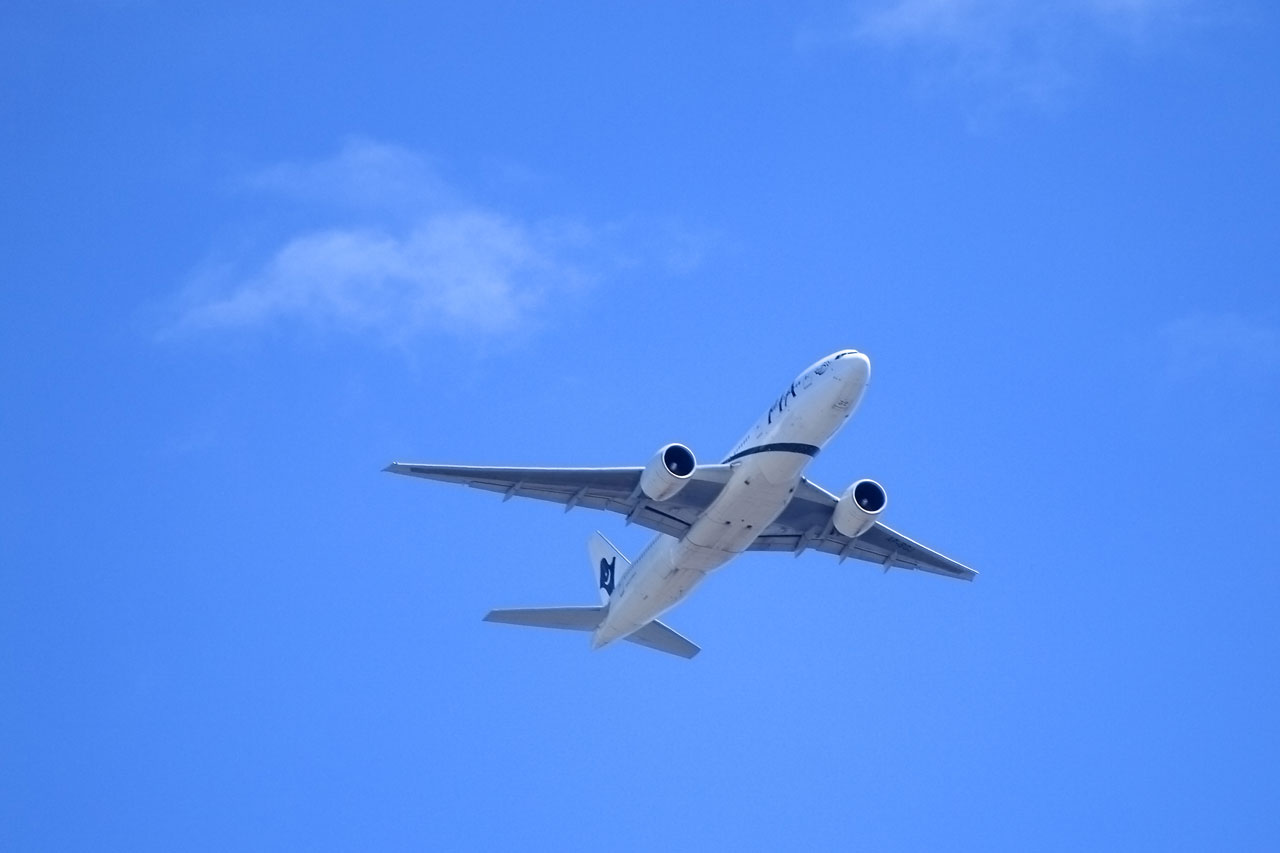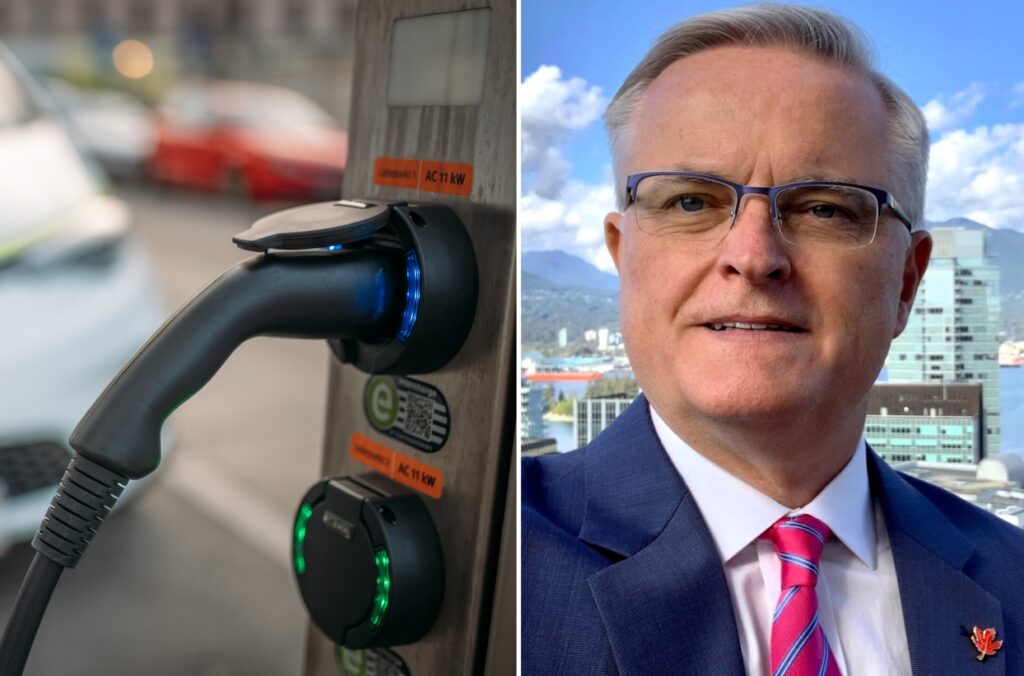Countries attending the UN’s aviation body meeting this week look set to weaken the only international policy to address the climate impact of aircraft. But the way the decision is being made could be in violation of the organisation’s own rules.
The International Civil Aviation Organisation (ICAO) has for decades been responsible for addressing the rising climate impact of international aviation, and agreed the Carbon Offsetting and Reduction Scheme for International Aviation (CORSIA) in 2016.
The scheme has been widely criticised for likely delivering only “modest” emissions reduction, and could now be weakened further, as ICAO is expected by this Friday to decide on a change to the baseline of CORSIA, lowering the level of emissions reductions airlines would have to aim for.
But the ability of the ICAO’s Council to legitimately make this decision has been called into question, as the organisation continues to be criticised for its opaque practices.
Legitimacy
ICAO plans to change the baseline to only 2019 emissions levels, rather than an average of 2019 and 2020 levels. That means the baseline will be far higher, owing to the huge drop in aviation emissions in 2020 due to the coronavirus pandemic. Airlines will therefore be able to emit far more before the scheme’s obligations to offset emissions growth past this baseline come into practise.
Under most post-COVID growth scenarios, changing the baseline would delay CORSIA‘s start for three to five years, according to an analysis by the Environmental Defense Fund (EDF), which argues this could effectively eliminate airline offsetting obligations until 2028 or later. A separate analysis by the Oeko Institute found changing the baseline could reduce the overall mitigation achieved through CORSIA by 25 to 75 percent.
Like what you’re reading? Support DeSmog by becoming a patron today!
But there are questions about the legitimacy of the 36-country ICAO Council taking a decision that would undermine its main climate policy for several years.
Big changes to CORSIA are supposed to only be decided at the larger, 193-strong, ICAO Assembly, which usually takes place every three years. The next Assembly is not due until 2022.
“Technically speaking, the Council does not formally take decisions which can change CORSIA, they just recommend things to the Assembly,” says Gilles Dufrasne, senior policy officer at Carbon Market Watch. “Since the establishment of CORSIA was through an Assembly resolution, the Council (a lower level body) cannot change it.”
The discussion of the baseline change at the ongoing Council session was initially prompted by a request from the International Air Transport Association (IATA) lobby group. It asked for the baseline to be changed and said that ICAO should make the decision to do this by 30 June 2020.
This demonstrates the power of the lobby group within the Council, says Chris Lyle, an international aviation consultant who worked at ICAO for almost 30 years.
“ICAO‘s job is to protect and promote aviation, and IATA tells ICAO what to do: in essence, that’s what happens,” he says. “IATA has asked for the base year to be brought to 2019 for obvious reasons. Because including 2020, they’d really have to start buying a lot of offsets.”
IATA points to paragraph 16 of CORSIA’s rules as proof the Council is allowed to make this change. But Annie Petsonk from EDF disputes this reading. She says the paragraph allows the Council to decide criteria for triggering changes, not to decide on these changes itself.
DeSmog understands that ICAO has itself done a legal analysis on whether the Assembly rather than the Council needs to take the final decision on the baseline issue.
Speaking to DeSmog, Green MEP Jutta Paulus notes it still is not known whether the ICAO legal bureau has delivered an opinion on whether the Council can change the baseline. “It is a pity that they are only publishing the minutes of their Assemblies, which only take place about every three years,” she says. “We would wish for more transparency.”
Petsonk says the opinion that comes out of ICAOs legal department on the baseline change matters because, “it’s that paragraph on which IATA is hanging its hat, saying that the Assembly gave the Council the authority to do something as extraordinary as in effect suspending CORSIA for six years,” she says. “This is what the effect of the baseline decision would be. This would be a much smaller number [of states], potentially a simple majority of the Council – 19 states – undoing a decision that was taken by 190.”
It would also mean countries who may have spoken in defence of stronger climate measures won’t have a voice ahead of the decision, adds Petsonk.
Earlier this month, the EU, usually the most progressive voice at ICAO advocating for stronger climate policy, decided to support the baseline change. “It was very disappointing to see that the EU really backed the airline industry asks and obviously didn’t even put up any kind of fights to try to maintain the system as it is,” DuFrasne says.
The final decision on the baseline change is expected by the end of the session on 26 June. With few countries opposing it and no campaigners present at the Council session, it appears highly likely to pass at the Council level. Whether this will be the final decision, it seems, depends on the ICAO’s legal analysis.
But even if the Council outcome is established as just a recommendation to the Assembly, the decision on the baseline change could effectively already be made, says DuFrasne. “The ICAO Council is very powerful because what it recommends is very likely to then be adopted by the Assembly,” he says. “The fact that the Council cannot formally change the baseline doesn’t really change the situation of all these negotiations happening behind closed doors.”
The changes mean “we’re just going from a bad scheme to an extremely bad scheme,” he says.
Transparency
Media and civil society are blocked from attending the ICAO Council session, meaning its impossible to know which countries are pushing what.
ICAO confirmed to DeSmog that the Council session will discuss the impact of COVID-19 on air traffic and CORSIA, but refused to give any more information, saying the Council session is closed to the media. “It is not unusual for diplomatic activity to take place without the media present,” ICAO’s press office told DeSmog when asked why it was barring the press.
36 countries on @ICAO Council decide this week whether to grant airlines’ request to emit $15 billion worth of CO2 into our skies for free, by weakening #CORSIA baseline.@icaoFangLIU you live-streamed meetings before. Why not this one, given public interest in a safe climate? pic.twitter.com/mOVHhSLANU
— UN Climate Summit News (@UNClimateSummit) June 23, 2020
Campaigners have long criticised the lack of transparency at ICAO and its refusal to give access to media and campaigners to scrutinise its decisions. “Airlines have led this massive campaign [to get public bailouts], saying ‘we’re vital to society’,” says DuFrasne. “At the same time the closed doors of ICAO allow them to strongly lobby to destroy the only international climate policy that’s regulating them.”
ICAO has restrictive policies on access to documents and meetings, no freedom of information policy, and binds NGO observers by non-disclosure agreements. Its official Twitter account has been known to bizarrely attack and block climate campaigners and researchers who scrutinise ICAO’s policies, accusing these people of “fake news” and “spam”.
The focus of the ICAO Council session on changes to CORSIA makes the transparency question particularly pertinent, says Jo Dardenne, an expert on sustainable aviation at NGO Transport & Environment (T&E). “It’s quite questionable for a handful of member states to make decisions behind closed doors overnight on a scheme already agreed by over 190 countries,” she says.
Image credit: Petr Kratochvil/Public Domain
Subscribe to our newsletter
Stay up to date with DeSmog news and alerts







